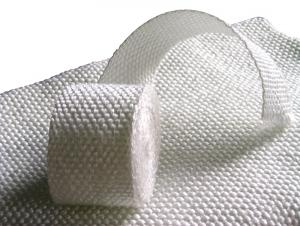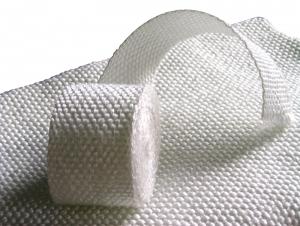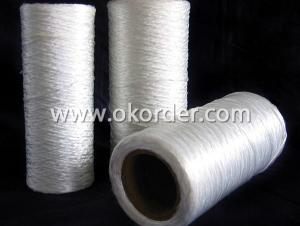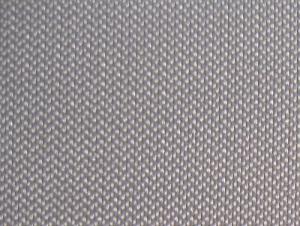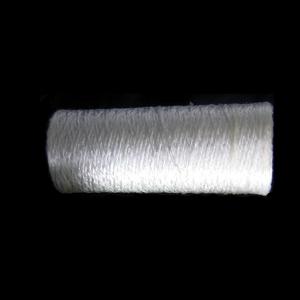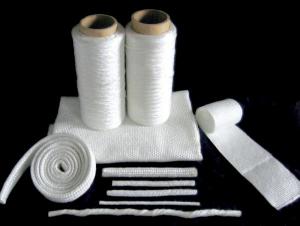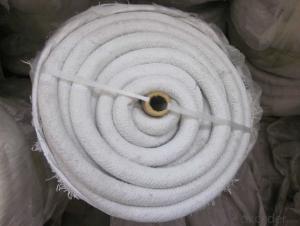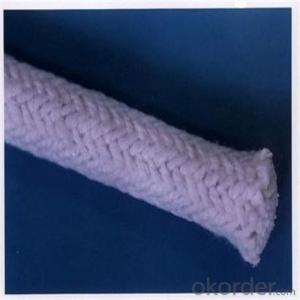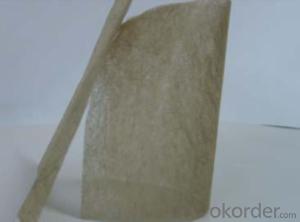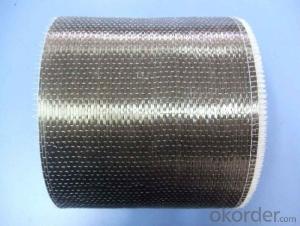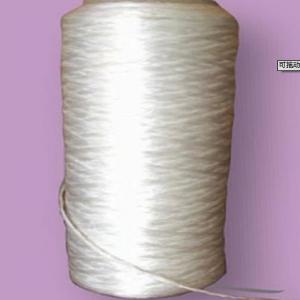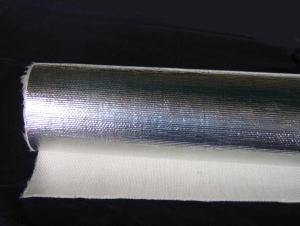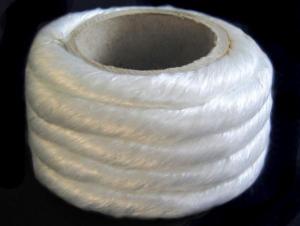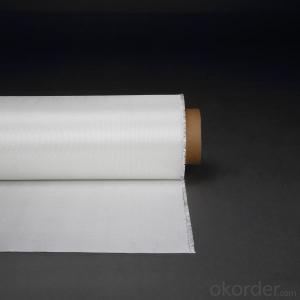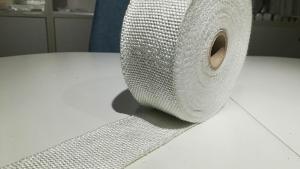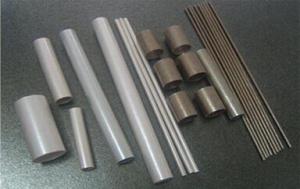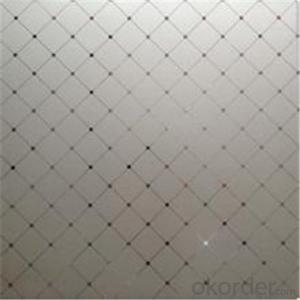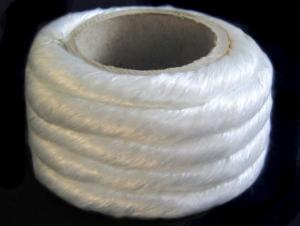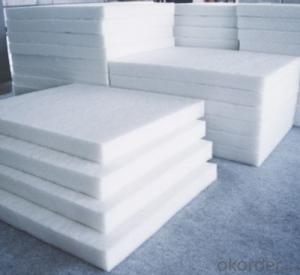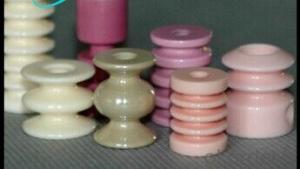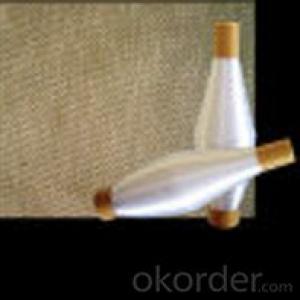Textured Fiberglass Adhesive Tape
- Loading Port:
- China Main Port
- Payment Terms:
- TT or L/C
- Min Order Qty:
- 5t kg
- Supply Capability:
- 2*/20FCL Per Month kg/month
OKorder Service Pledge
OKorder Financial Service
You Might Also Like
Basic info of Textured Fiberglass Adhesive Tape It is fabricated from high quality texturized C glass or Eglass fiber yarns that will not burn and will withstand continuous exposure to temperatures of 1022F/550C.
2. It resists most acids and alkalis and is unaffected by most bleaches and solvents.
3. It is an excellent substitute for asbestos tape.
4. Texturized fiberglass tape with copper wire, nickel wire or stainless wire are also available.
Applications of Textured Fiberglass Adhesive Tape:
1. All types of thermal insulation and heat protection provide of industrial wires, cables, hoses, tube and pipe and also provide thermal insulation and personnel protection.
2. Used as a gasket or seal.
Features of Textured Fiberglass Adhesive Tape
Good alkali resistance
High tensile strength and resistance to deformation
Excellent self-adhesiveness
Good smoothness
Convenient application in construction
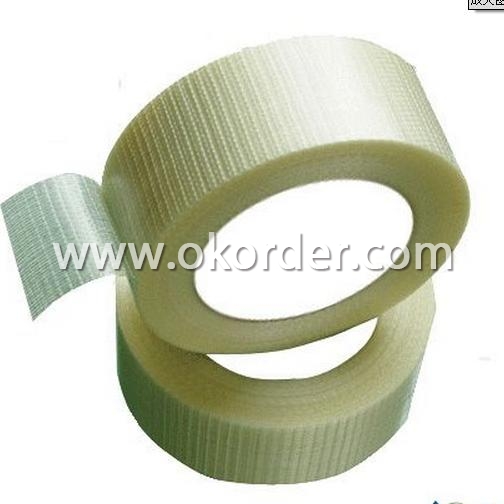
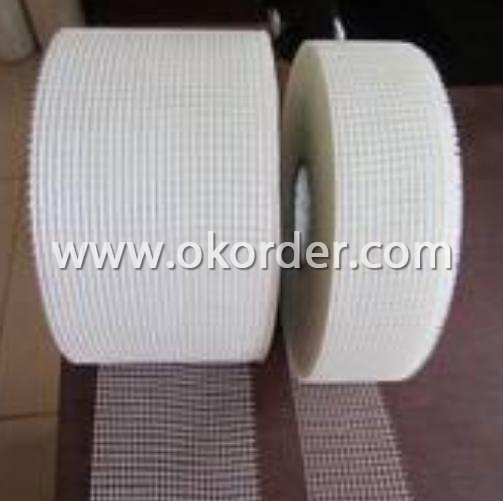
- Q:Can glass fiber textile be used in low-temperature applications?
- Yes, glass fiber textile can be used in low-temperature applications. Glass fibers have excellent thermal insulating properties and are capable of withstanding extremely low temperatures without losing their structural integrity. This makes them suitable for a wide range of low-temperature applications such as cryogenic storage, refrigeration, and insulation in cold environments.
- Q:Can glass fiber textiles be used for making tents or shelters?
- Yes, glass fiber textiles can be used for making tents or shelters. Glass fiber textiles, also known as fiberglass textiles, are lightweight, durable, and have excellent resistance to heat, fire, and chemicals. These properties make them suitable for various applications, including tents and shelters. Glass fiber textiles can be used to create tent fabrics that are both strong and flexible. They can provide protection from external elements such as rain, wind, and UV radiation. The materials are also resistant to mold, mildew, and insect damage, making them ideal for long-term outdoor use. Additionally, glass fiber textiles offer good insulation properties, helping to maintain a comfortable temperature inside the tent or shelter. They can prevent heat loss in cold conditions and minimize heat gain during hot weather. Furthermore, glass fiber textiles are easy to clean and maintain. They can be washed, dried, and stored without losing their structural integrity or functional properties. This makes them a practical choice for camping or emergency shelters that require frequent use and transportation. In summary, glass fiber textiles are a viable option for making tents or shelters due to their lightweight, durability, resistance to external elements, insulation properties, and ease of maintenance.
- Q:Is glass fiber textile resistant to mold and mildew?
- Yes, glass fiber textile is generally resistant to mold and mildew due to its non-porous nature and lack of organic material that typically promotes their growth.
- Q:Can glass fiber textiles be used in protective helmets?
- Yes, glass fiber textiles can be used in protective helmets. Glass fiber textiles are known for their high strength and impact resistance, making them suitable for enhancing the protective capabilities of helmets. They can provide added reinforcement and durability, helping to absorb and distribute impact forces, thereby increasing the overall safety of the helmet.
- Q:What are the disadvantages of using glass fiber textiles?
- One of the main disadvantages of using glass fiber textiles is their brittleness. Glass fibers are prone to breaking and shattering under certain conditions, making them less durable compared to other textile materials. Additionally, glass fibers can be irritating to the skin, causing discomfort or allergic reactions in some individuals. Glass fiber textiles also have a higher production cost compared to some synthetic fibers, making them less cost-effective in certain applications. Lastly, glass fibers are not as resistant to UV radiation or harsh chemicals, limiting their use in outdoor or chemical-exposed environments.
- Q:Can glass fiber textile be used in electrical insulation?
- Yes, glass fiber textile can be used in electrical insulation.
- Q:Can glass fiber textiles be used for reinforcement in wood products?
- Yes, glass fiber textiles can be used for reinforcement in wood products. Glass fiber textiles provide added strength and stability to wood, making it more resistant to bending, warping, and cracking. Additionally, glass fiber textiles can improve the overall durability and lifespan of wood products.
- Q:Can glass fiber textiles be fire-resistant?
- Glass fiber textiles possess fire-resistant qualities. Molten glass is utilized to create thin strands of glass fibers. These strands are then woven into textiles and can be treated with fire-resistant coatings or additives to augment their fire resistance properties. The glass fibers themselves possess a high melting point, approximately 1400 to 1600 degrees Celsius, rendering them naturally fire-resistant. Furthermore, the structure of glass fibers permits low thermal conductivity, preventing the efficient transfer of heat and further enhancing their fire resistance. Overall, glass fiber textiles offer exceptional fire resistance properties, making them suitable for a wide range of applications that prioritize fire safety, such as protective clothing, curtains, and insulation materials.
- Q:How do glass fiber textiles resist stretching?
- Glass fiber textiles resist stretching due to the inherent strength and rigidity of the glass fibers woven or knitted together. The glass fibers provide high tensile strength, preventing elongation and maintaining the fabric's shape even under tension.
- Q:Are glass fiber textiles resistant to solvents or cleaning agents?
- Yes, glass fiber textiles are generally resistant to solvents and cleaning agents. The unique properties of glass fiber, such as its high tensile strength and durability, make it resistant to a wide range of chemicals. Glass fiber textiles are commonly used in industries where exposure to solvents or cleaning agents is common, such as automotive, aerospace, and chemical processing. However, it is important to note that the specific resistance of glass fiber textiles to solvents and cleaning agents may vary depending on the specific type of glass fiber and the composition of the solvent or cleaning agent. Therefore, it is always advisable to check the manufacturer's specifications or conduct a compatibility test before exposing glass fiber textiles to any particular solvent or cleaning agent.
1. Manufacturer Overview |
|
|---|---|
| Location | Beijing, China |
| Year Established | 1992 |
| Annual Output Value | Above US$ 3 Million |
| Main Markets | North America;Southeast Asia ;Western Europe ;Middle East |
| Company Certifications | ISO 9001:2008 |
2. Manufacturer Certificates |
|
|---|---|
| a) Certification Name | |
| Range | |
| Reference | |
| Validity Period | |
3. Manufacturer Capability |
|
|---|---|
| a)Trade Capacity | |
| Nearest Port | Tianjing |
| Export Percentage | 60% - 70% |
| No.of Employees in Trade Department | 21-50 People |
| Language Spoken: | English; Chinese |
| b)Factory Information | |
| Factory Size: | Above 10,000 square meters |
| No. of Production Lines | Above 8 |
| Contract Manufacturing | |
| Product Price Range | High; Average |
Send your message to us
Textured Fiberglass Adhesive Tape
- Loading Port:
- China Main Port
- Payment Terms:
- TT or L/C
- Min Order Qty:
- 5t kg
- Supply Capability:
- 2*/20FCL Per Month kg/month
OKorder Service Pledge
OKorder Financial Service
Similar products
New products
Hot products
Related keywords
